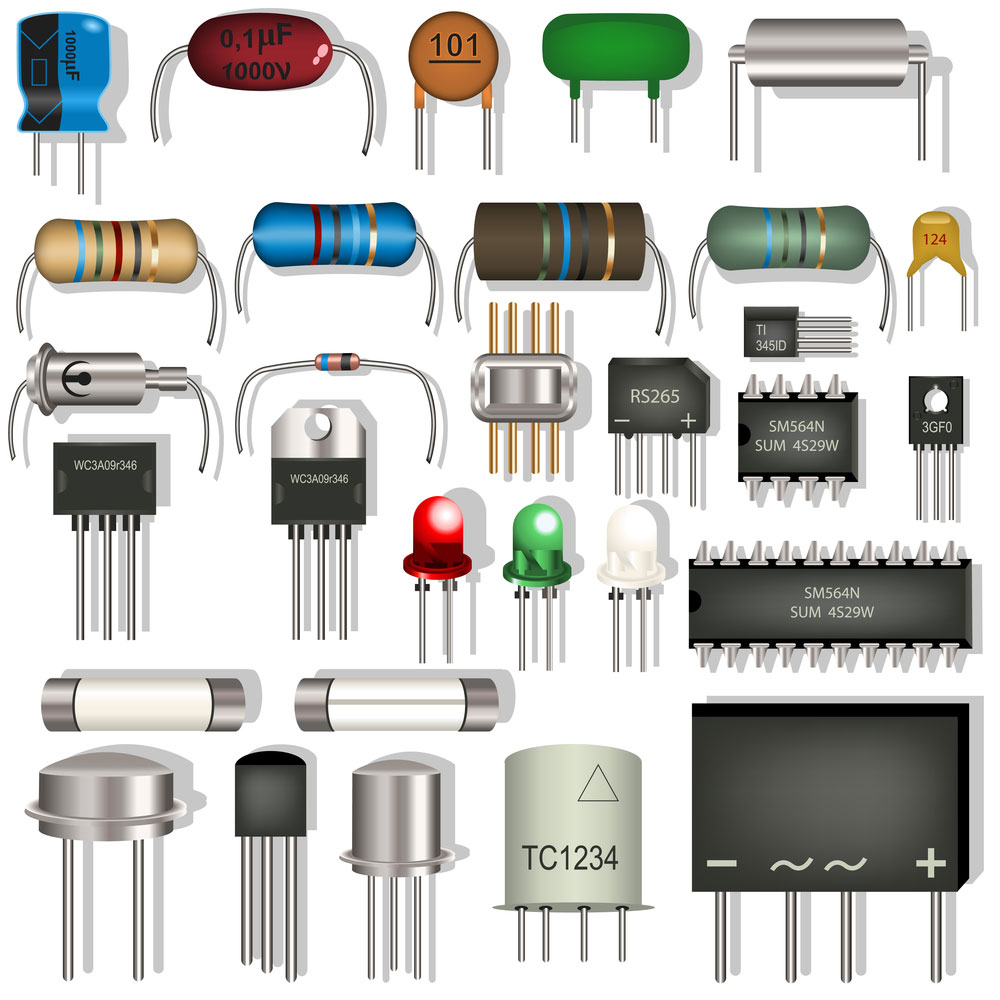
In the realm of electrical power transmission, a fierce battle has raged for decades: Alternating Current (AC) versus Direct Current (DC). While both have their merits, AC has emerged as the undisputed champion in terms of efficiency, versatility, and safety. In this article, we will delve into the intricacies of AC and explore why it surpasses DC in various aspects, shedding light on the reasons behind its widespread adoption and dominance in modern power systems.
- Efficiency:
AC power transmission boasts superior efficiency compared to DC, especially over long distances. The ability to transform voltage levels using transformers enables efficient transmission at high voltages, minimizing energy losses during transportation. In contrast, DC power suffers from higher resistive losses, making it less efficient for long-distance transmission. AC's efficiency advantage is a key factor in reducing energy wastage and promoting sustainability in power networks. - Voltage Control:
AC's inherent ability to easily manipulate voltage levels is a significant advantage over DC. Through the use of transformers, AC voltage can be stepped up or down, enabling efficient transmission and distribution across various voltage levels. This flexibility facilitates the integration of diverse power sources, such as renewable energy systems, into the grid. DC, on the other hand, requires complex and costly conversion systems to achieve voltage control, limiting its practicality in large-scale power networks. - Power Generation:
AC power generation has proven to be more practical and efficient than DC. Most power plants, including thermal, hydroelectric, and nuclear, generate AC power directly. The use of AC generators eliminates the need for power electronic conversion, simplifying the generation process and reducing costs. Additionally, AC generators can be synchronized and connected in parallel, enabling efficient power sharing and enhancing grid stability. DC generation, although suitable for specific applications like batteries and solar panels, requires conversion from AC sources, resulting in energy losses and increased complexity. - Safety Considerations:
AC power systems offer inherent safety advantages over DC. The periodic reversal of AC voltage allows for the use of protective devices, such as circuit breakers and fuses, which can interrupt the current flow during faults and protect against electrical hazards. Furthermore, AC's lower voltage levels in residential and commercial applications reduce the risk of electric shock. DC, with its continuous current flow, poses a higher risk of sustained arc faults and requires additional safety measures to mitigate potential dangers. - Historical Prevalence:
The historical prevalence of AC power cannot be overlooked. Pioneered by Nikola Tesla and popularized by the famous War of Currents with Thomas Edison, AC emerged victorious due to its superior characteristics. The widespread adoption of AC power infrastructure, including power grids and appliances, has solidified its dominance and created a self-reinforcing cycle of technological advancements and industry support.
Conclusion:
In the ongoing battle between AC and DC, AC has emerged as the clear winner, surpassing DC in terms of efficiency, voltage control, power generation, safety, and historical prevalence. Its ability to efficiently transmit power over long distances, seamlessly integrate renewable energy sources, and provide a safer electrical environment has solidified its position as the preferred choice for modern power systems. As we continue to advance technologically, AC's reign is set to continue, driving innovation and powering the world into a sustainable future.




